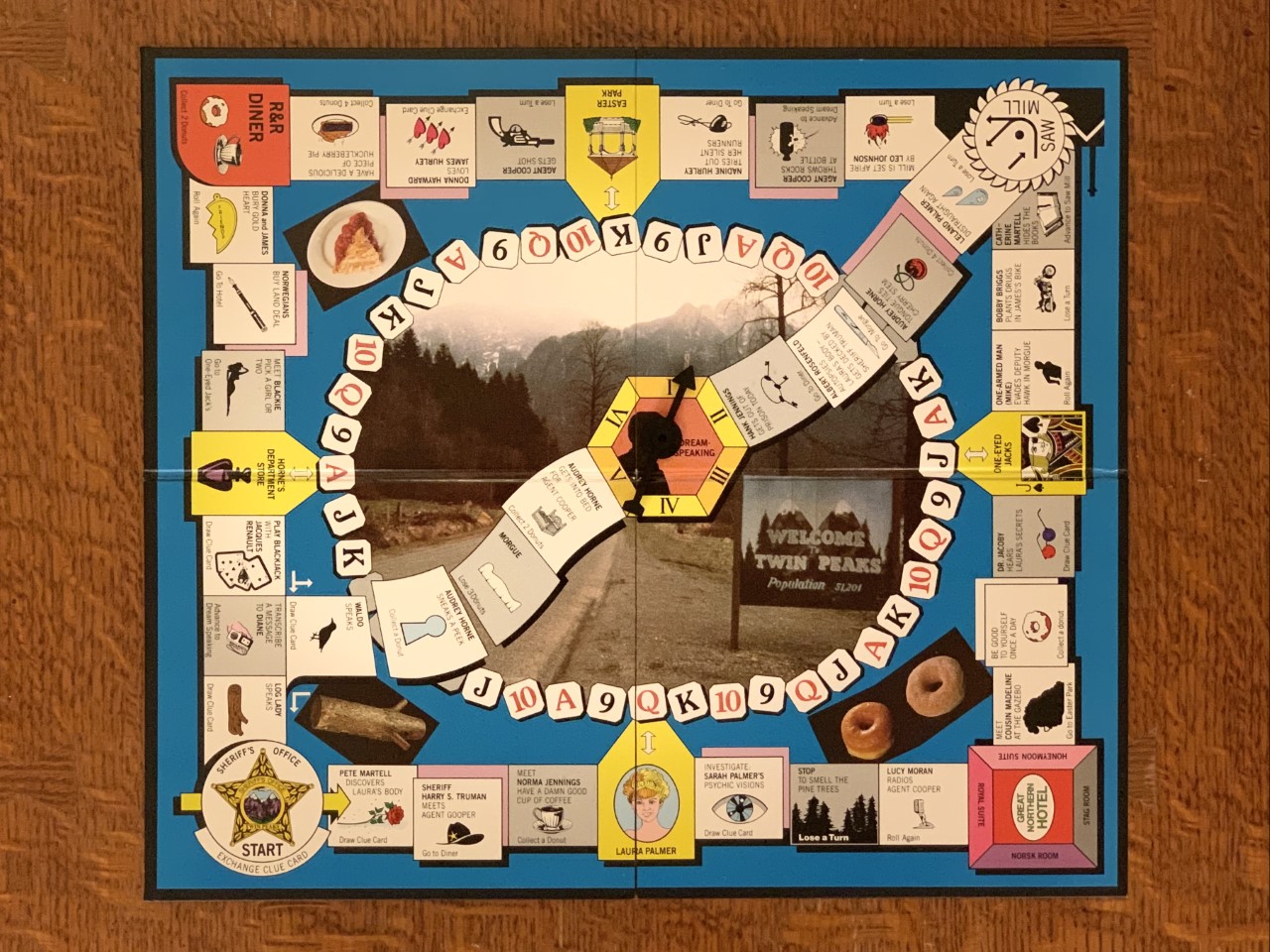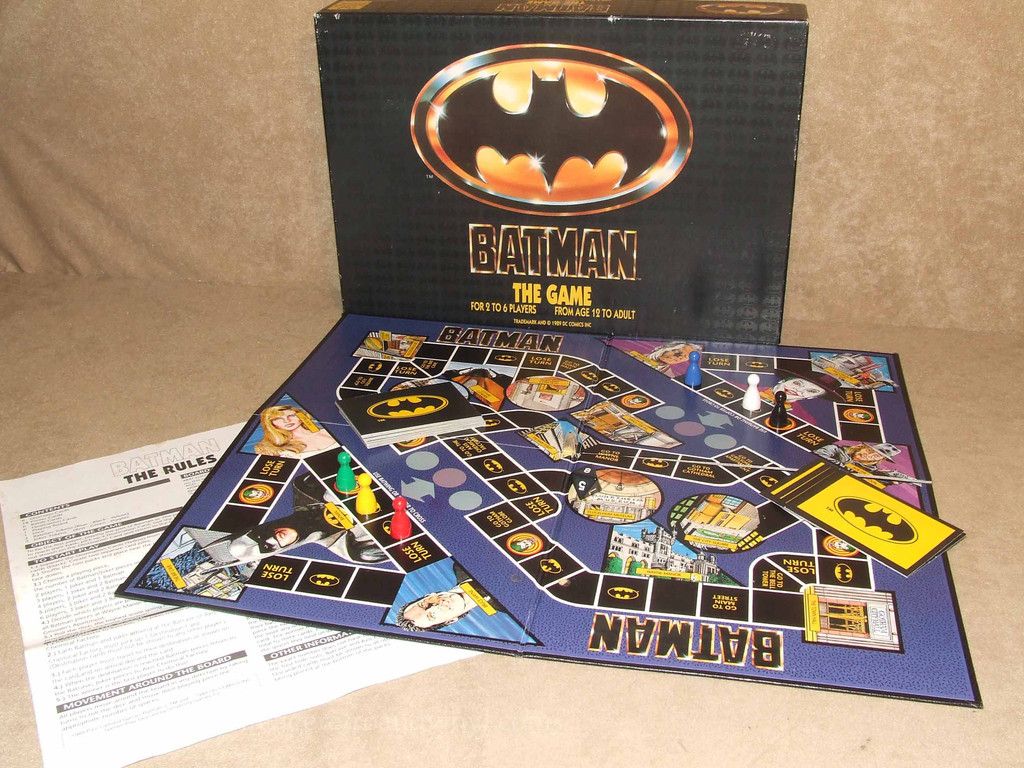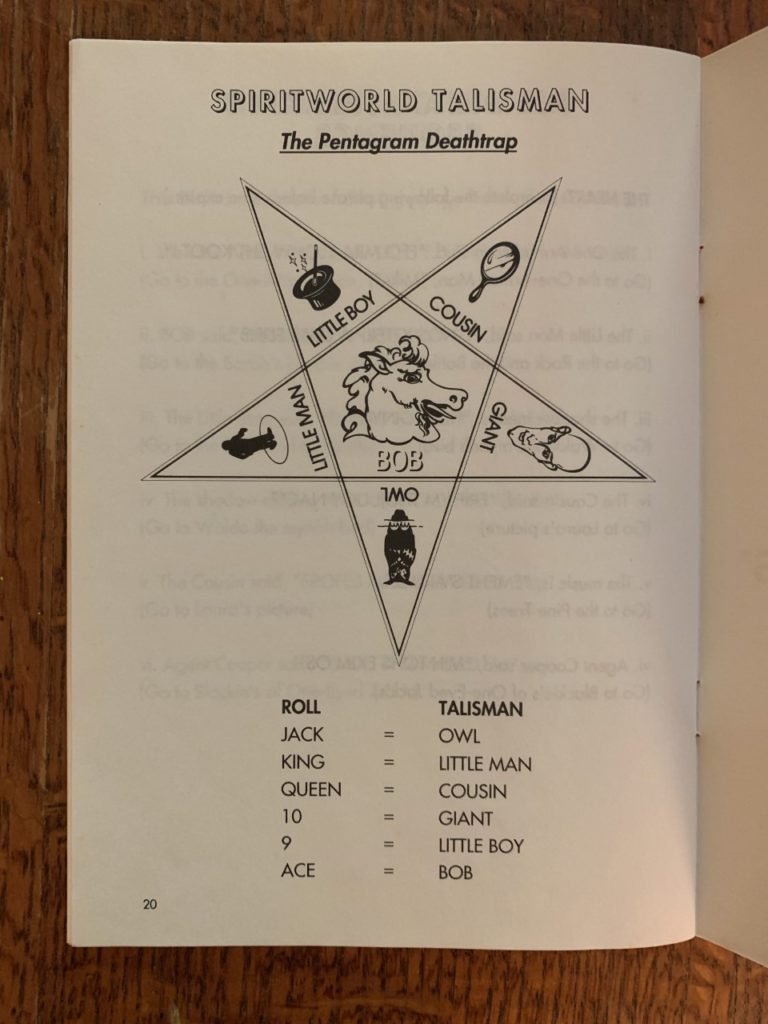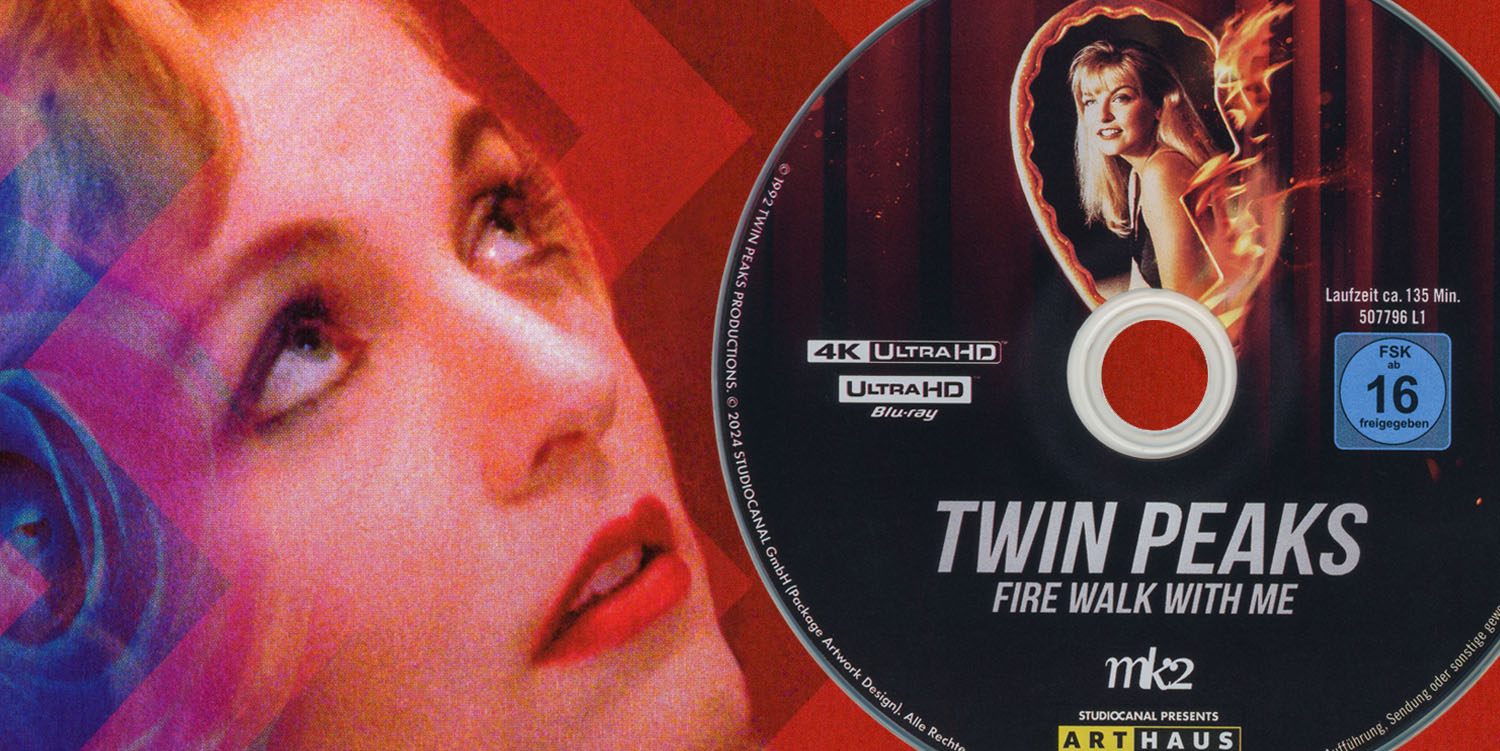Since I was too young to watch Twin Peaks when it first aired, enjoying the ephemera that came with the show’s initial success has been an active pursuit. The talk show appearances, promotional materials, magazine articles, and collectible tie-ins can be difficult to find decades later. One piece of Peaks history that has seemingly been voluntarily left behind is the Twin Peaks Murder Mystery Game.
TWIN PEAKS MURDER MYSTERY GAME
Despite earning a spot on The Guardian’s list of the ten worst board games ever made in 2015, I was thrilled to finally add this to my collection.


TWIN PEAKS MURDER MYSTERY GAME DESIGNERS

The Twin Peaks Murder Mystery Game was authored and designed by artists Cicero Greathouse (who passed in 2019) and Michael G. Kennedy, both of whom also served as Walt Disney Imagineers. So far as I can tell, this is the only board game the pair ever designed.
It was distributed by English publisher Paul Lamond Games Ltd., founded in 1986 by Richard Pain. The young company had already dabbled in media tie-ins prior to the Twin Peaks game’s release in 1991.
Notably, Paul Lamond distributed Batman games and puzzles released in conjunction with the 1989 Tim Burton film.
Though their Peaks effort isn’t exactly revered, Paul Lamond is generally celebrated in the board game world and their 2020 merger with titan University Games made headlines.
Sadly, company founder Mr. Pain passed away on May 26, 2016 from a severe stroke while on an operating table for a minor procedure.

As for Twin Peaks‘ creators role in the Murder Mystery Game, Mark Frost recalls okaying an early draft but not the finished product.
CONTENTS OF THE TWIN PEAKS MURDER MYSTERY GAME
In addition to the board, the Twin Peaks game also included an instructional handbook, six player pieces, a stack of suspect/clue cards, a pack of “donut” tokens, two dice (one regular and one poker), and pieces to a pentagram puzzle.
The instructional book, which is presented as an FBI field guide penned by Agent Cooper, details the rules of the game and offers a look at the town of Twin Peaks and its people. I appreciate this as it keeps with the epistolary format of the show’s tie-in novels, each of which is comprised of diary entries, documents, or travel guides rather than narration by an omniscient third person.
On page seven, the handbook shows a map of the region. While none of the various maps released over the years match perfectly, this one has some rather egregious inconsistencies. The pair of mountains flanking the town are labeled Mt. Mercy and Troublesome Peak instead of White Tail Mountain and Blue Pine Mountain. Furthermore, what should be White Tail Falls is labeled Timber Falls. These won’t be the last such mistakes.
Even if it doesn’t always jibe with what is widely considered canon, this is a worthy attempt to flesh out the world of Twin Peaks and convey a sense of mystery within the parameters of the instructional handbook.
The next few pages present brief descriptions of some of the characters.
A few more inconsistencies jump out, such as Ronette’s age and occupation. Working at both Horne’s and One Eyed Jack’s while moonlighting as a therapist would keep Ronette as busy as Laura!
GAMEPLAY FOR TWIN PEAKS MURDER MYSTERY GAME
Movements in the game work similar to Monopoly. Players roll the dice to move forward and collect things along the way. To win the game, one must collect twelve donuts, four suspect cards bearing the same name and suit (or one of each suit), and five pieces to the “Pentagram Deathrap” puzzle.
Unlike Monopoly, players must move to an inner track to collect puzzle pieces. This is where the poker die comes into play. The numeric die moves players ahead a certain number of spaces, each of which is marked as either King, Queen, Jack, 10, 9, or Ace. If the poker die matches the space on which a player lands, they earn the corresponding puzzle piece.
However, the instructions indicate that the Ace represents Bob. Bob does not have his own puzzle piece, but is formed at the center when the other five pieces are put together. It is unclear whether rolling an Ace and landing on a matching spot earns a player all of the puzzle pieces or none.
Another distinct function of the game is the diagonal track leading to the Dream Speaking space in the center. If a player lands on this hexagon (or a space on the outer track that sends them directly there), they must spin the arrow which will land on a roman numeral.
Based on the number and the player’s chosen game piece (each of which represents an icon such as a slice of pie, a log, etc.), the guidebook will provide a backward passage that the player must read aloud in under ten seconds. The problem is that nothing unique is earned through the Dream Speaking sequence, so players have no real incentive to use this track.
GOOPER/GOOPER/GOOPER
At the end of the day, the Twin Peaks Murder Mystery Game is far from perfect, but it is both playable and charming. Its flaws could be a result of carelessness, but I like to imagine those involved in the show’s marketing dealing with a sudden cultural phenomenon and trying to act before the moment passed. And pass it did (at least temporarily).
Discover more from TWIN PEAKS BLOG
Subscribe to get the latest posts sent to your email.



















